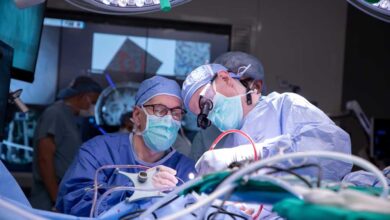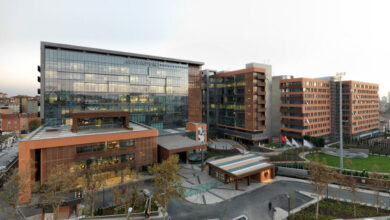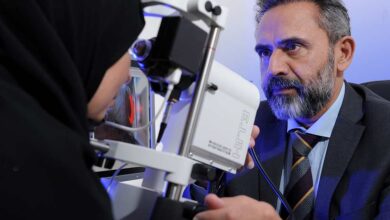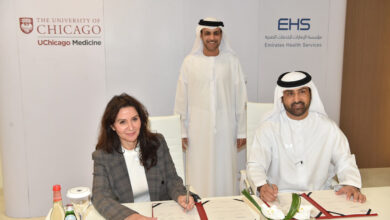Christiana Demetriou – University of Nicosia Medical School
Christiana Demetriou – University of Nicosia Medical School
One of those scientists who sees the glass half full in challenging times, opportunity in problems, collectivity when moving forward
“No one should be born in inequality”
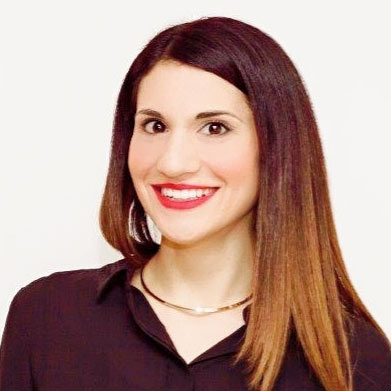
Interview by Constandinos Tsindas
Not a lab or a control room, but the real Public Health, the one in the street, the one that makes a difference in people’s lives. Her work at the University of Nicosia Medical School, is only but a fraction of her ideas and proposals on building a brighter future.
It’s certainly an exciting (although sad) time to be an epidemiologist, and in general terms a scientist in genetics or biology. How do you see the pandemic situation? Are we moving in the right direction and how concerned are you?
Definitely an exciting and challenging time. Throughout the past year, we’ve seen how epidemiology has shaped the COVID-19 pandemic; from sounding the alarm following reports of a previously unknown coronavirus causing pneumonia-like symptoms, to modelling the transmissibility of the virus and the impact of control measures, to testing and rolling out several vaccines specific to the new virus, to now predicting the impact of new variants of the virus.
In fact, thinking of what the scientific community has achieved in this past year, while navigating unprecedented circumstances, cannot but leave one in awe! Therefore, we are definitely doing many things right and we are moving in the right direction.
While discussing with other scientists, I think the consensus is that we have quite a long road ahead of us.
The main concerns right now are how to achieve sufficient vaccine coverage, as high percentage of people vaccinated as possible. And of course, while working towards understanding how effective existing vaccines are against new viral strains. We’ve won many a battle, but the war is far from over.
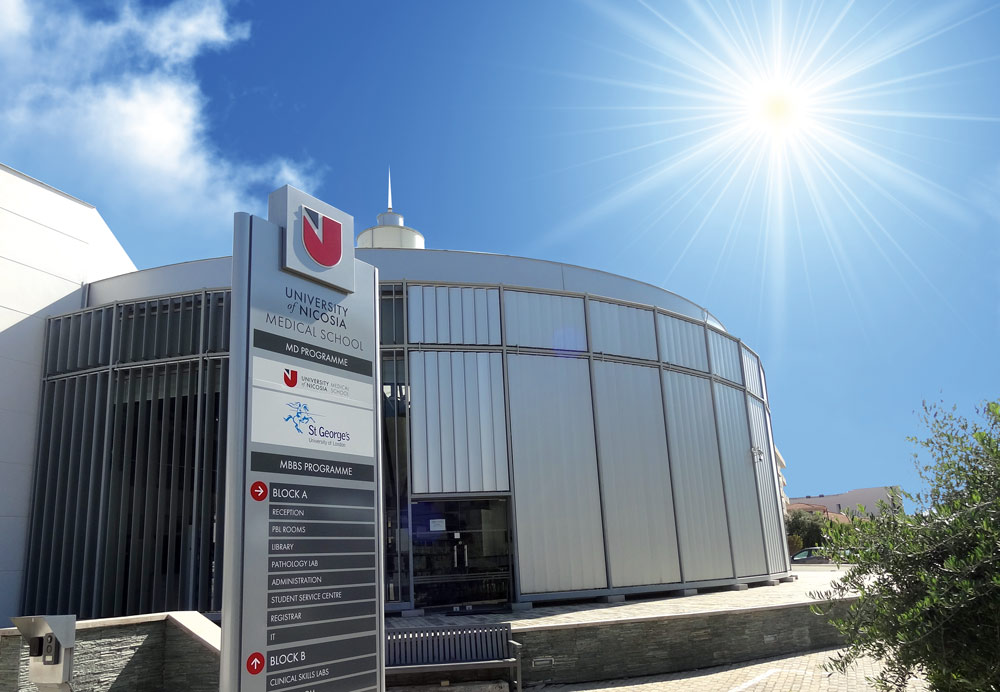
The issue of public health and its effectiveness is highly topical, no less due to the ability of public health systems to manage the pandemic and the challenges it brings, in addition to all the rest that needs attention in this vital field. What are your views and proposals on how to move forward, improve things?
Public Health needs to more actively acknowledge and embrace the interconnectedness between human health, animal health and environmental health. You cannot have the one without the other and that’s why this is often referred to as the One Health concept. For years, humans have strived for their wellbeing often disregarding the impact on nature and the environment. This has led to climate change, geologic, hydrologic and meteorological disasters, anti-microbial resistance and, currently, epidemics of emerging zoonotic diseases.
If we really want to improve, we need to consider the holistic approach of the One Health concept. Importantly, Public Health needs to pay more attention to health inequalities both between but also within countries. Even in countries with the highest sociodemographic indices, there exist astounding health inequalities between population groups. As a mother, what pains me the most is that children are often born in inequality; with the genetic, lifestyle and socio-economic conditions of their parents determining their maximum potential in terms of health attainment. In future, I would like to see Public Health addressing these health inequalities by focusing more on the wider determinants of health and their impact on the conditions of future generations.
You’re the Programme Coordinator for the Master in Public Health at the University of Nicosia Medical School. Run us through what the programme entails.
The Master of Public Health, MPH for short, is a distance-learning, postgraduate degree offered by the University of Nicosia Medical School. Our vision is to develop a new generation of public health leaders who promote cooperation amongst the human, animal, and environmental health communities, to make a difference in their own communities, both regionally and globally. We offer a core curriculum that supports the development of core and cross-cutting competencies in the three fundamental domains of Public Health Practice, namely Health Protection, Health Promotion, and Healthcare Public Health.
We also offer elective courses that provide a holistic approach to Public Health and allow candidates to enhance and expand their learning experiences in relation to their interests in different public health areas. Students have the opportunity to develop applied skills and competence in epidemiology and public health research by carrying out a research project in the field of public health. I truly believe it’s a well thought out programme, balancing all essential knowledge, skills and competencies in Public Health, with the flexibility needed to accommodate the personal and professional responsibilities of adult learners.
Do you feel there is a still a long road ahead when it comes to women scientists gaining the same respect in their fields as male colleagues? What else needs to be done?
I consider myself fortunate to be working in a country, and more specifically at an Institution, where female scientists are acknowledged, valued and praised. Indeed though, I do think there is a long road ahead. In some countries, respect that to be gained is literal, whereas in other states, it is rather more “practical”, if I may call it that. For one, the gender pay gap needs to be addressed in this decade. Even in the most developed of societies, where equality of opportunity and mutual respect do exist, there is often a gender pay gap. The scientific journal Nature recently published an article on the gender pay gap identified at a few of the most integral science agencies in the United States. I am quite certain the same holds true in scientific organizations throughout the world, especially the ones with little scrutiny regarding such matters.
In addition, a study in more than 500 universities and research institutions across the US, Australia and 36 other countries (published in the journal Cell Stem Cell), has found that even though women make up half of the students in life sciences, only one in four are professors, the highest academic rank. This indicates that climbing the career ladder in science is more difficult and complex, for women. The reasons holding women back need to be further investigated, elicited and addressed so that women scientists can truly gain the same respect as their male counterparts. I do remain hopeful that as more women are given the opportunity of education in the life and other sciences, the paradigms in the scientific community will begin to shift in their favour; I am a firm believer in that it all starts with educating future generations.
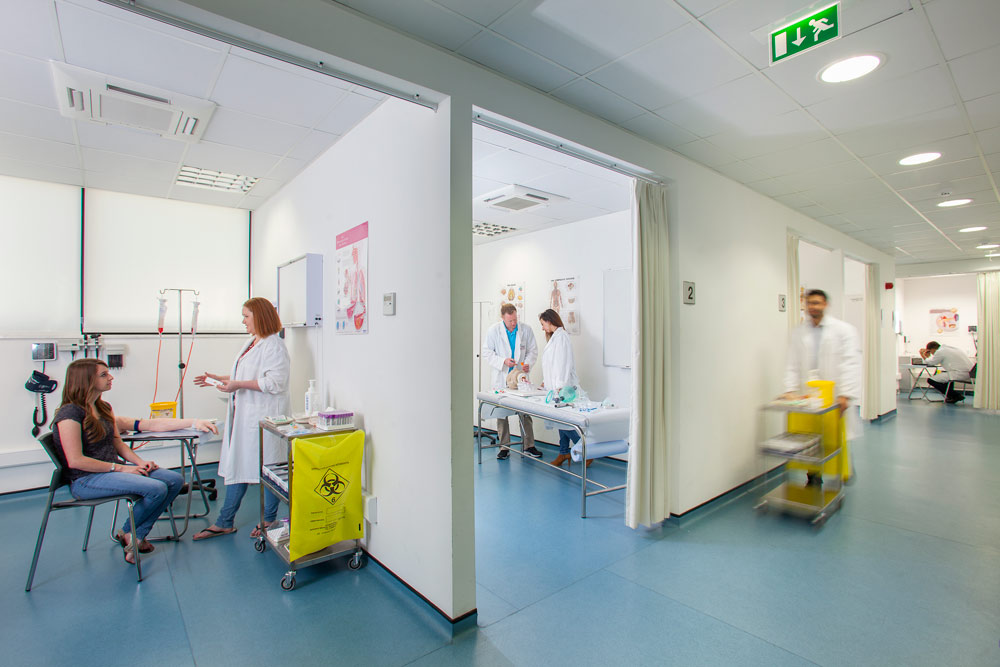
Do you actually believe we need to bring the whole public health system down in terms of its approach and build a new one? Or work through this one?
I am more in favour of reforming, rather than demolishing and rebuilding! The discipline of Public Health has made tremendous progress in the past few decades. We only need to look at the differences in life expectancies, what 30 to 40 years ago and today to clearly witness the advancements made.
Interestingly, most of science happens under controlled conditions, for example in a laboratory, in a petri-dish, in a randomized controlled clinical trial. Unfortunately, when it comes to improving population health, the human factor makes the conditions we have to work with, anything but controlled; anything but ideal! Therefore, we need to learn from the achievements and even some failures of the past to continue tackling the pertinent issues in Public Health. This is actually one of the reasons why I am so proud of my job. We, the MPH programme that is, get to contribute to this reformation and advancement, through the training of the future generation of public health professionals.
Let’s talk a little bit about the other part of your expertise. What are you currently working on in terms of epidemiological research and clinical trials?
Not surprisingly, most of my current research activity is “consumed” with COVID-19. I am the Principal Investigator of the C-MOR project, coordinated by the University of Nicosia Medical School. It consists of an international consortium of partners who came together with the aim of creating a reference dataset focused on mortality resulting from COVID-19 (https://www.unic.ac.cy/coronavirus/mortality/).
Currently, the project has more than 50 partners from countries across six continents. Some of our objectives are to investigate excess all-cause mortality during the COVID-19 pandemic, identify the percentage contribution of COVID-19 deaths to the excess mortality, disentangle direct and indirect excess mortality due to COVID-19, and investigate excess mortality in the context of country specific COVID-19 control measures. Our initial results highlight the importance of mortality surveillance in studying the burden of COVID-19, as well as the impact of COVID-19 control measures on the mortality experience of different countries.
Perhaps closer to my research background, chronic disease epidemiology, I am currently also involved in a project investigating the epidemiology of cancer in Cyprus. We are looking into temporal trends as well as any inequalities in the stages at which different cancers are diagnosed in different population groups. We also hope that the project will highlight the effectiveness of established and newly implemented cancer screening programmes. This project is in collaboration with the Ministry of Health Cancer Registry.
As a scientist, who goes about things in terms of trials and definitive answers, what do you think about the future? Are you pessimistic, hopeful, in doubt, uncertain?
Definitely optimistic and hopeful! I take pride in the advancements achieved by the discipline of Public health, and the scientific community, to date. I am hopeful that the lessons learned will enable us to continue to tackle the often wicked problems of Public Health. Perhaps most importantly, I cannot but be optimistic when I see all our students who have dedicated their studies and professional lives to improving population health! With this kind of woman- and man-power, and ultimately, Human Power, I am certain that we’re in for a bright Public Health future. As Owen Arthur said, “For he who has health has hope; and he who has hope, has everything.”













